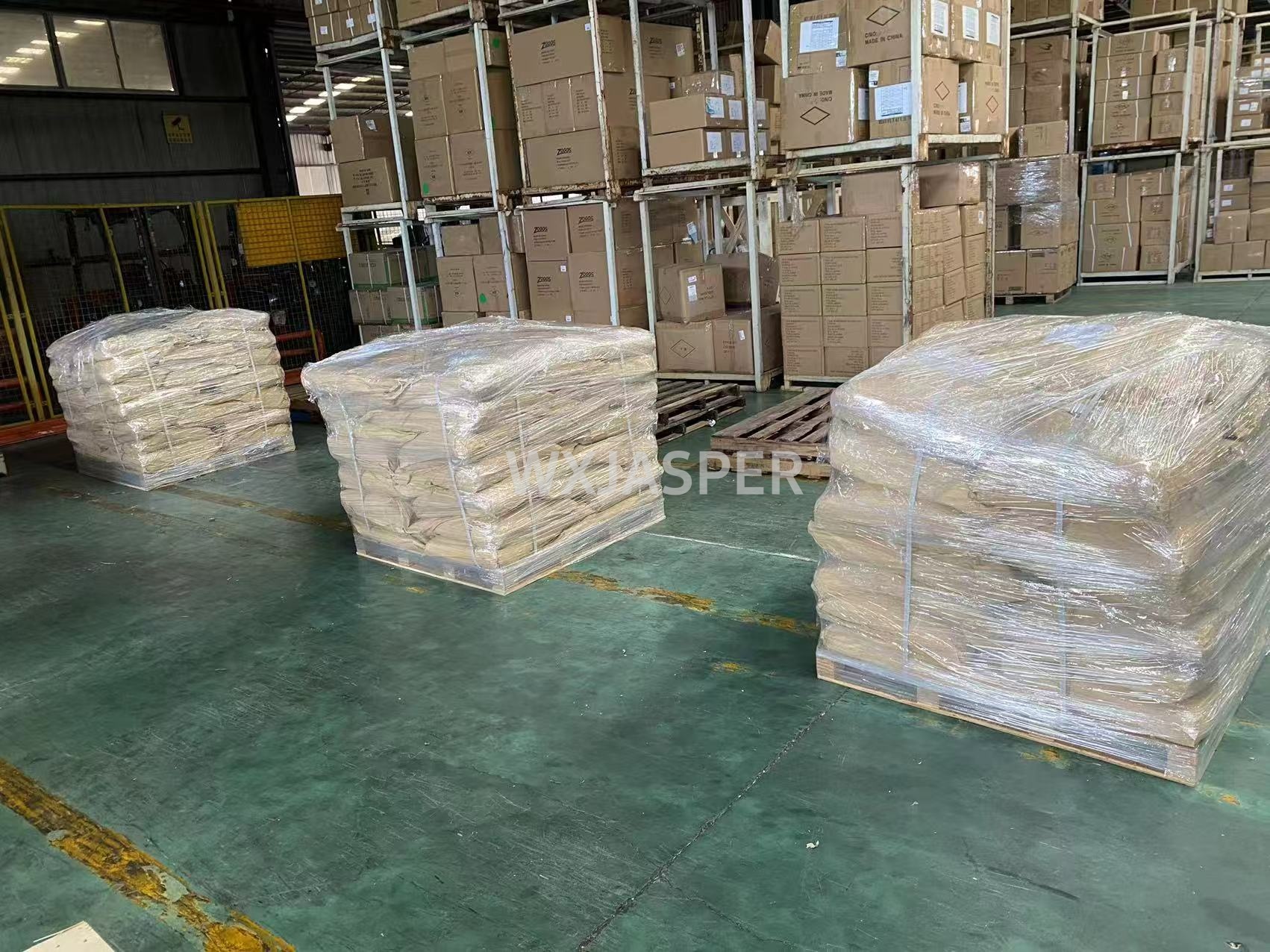Your Location:Home > Products > Solvents > Methyl 2-hydroxyethyl cellulose



CasNo: 9032-42-2
MF: C2H6O2.xCH4O.xUnspecified
Appearance: powder
Delivery Time: 15 days
Packing: 25kg/bag
Purity: 99%
Basic Information
|
Model NO. |
9032-42-2 |
Appearance |
powder |
|
Color |
Colorless |
Purity |
99% |
|
Grade Standard |
Industrial Grade |
Specification |
25kg/bag |
|
Transport Package |
Bag |
Origin |
China |
Product Description
CAS No: 9032-42-2
Form: powder
Product Application
Construction Chemicals (Core Application):
Dry-Mix Mortars: A key additive in tile adhesives, exterior insulation and finish system (EIFS) base/rendering coats, self-leveling compounds, and gypsum-based grouts. Provides exceptional water retention (ensuring complete cement hydration), workability/lubricity, anti-sag properties, and extended open time.
Cementitious/Gypsum-Based Paints: Acts as a thickener and stabilizer, improving application properties and storage stability.
Coatings & Paints:
Used as a thickener, leveling agent, and water retention aid in water-based latex paints and plasters, reducing spattering and improving in-can appearance.
Personal Care & Cosmetics:
Used in shampoos, conditioners, body washes, creams, and toothpastes as a thickener, suspending agent, stabilizer, and film former, imparting a smooth feel.
Pharmaceutical Industry:
Used as a tablet binder, sustained-release matrix, thickening agent for ophthalmic preparations, and external gel base.
Other Industrial Applications:
Ceramics: Used as a suspending agent and binder in glazes and slips.
Textile Printing: Used as a thickener for printing pastes.
Packaging
25Kg/Bag
Storage
Store in a tightly sealed container in a cool, dry place to prevent moisture absorption and caking.